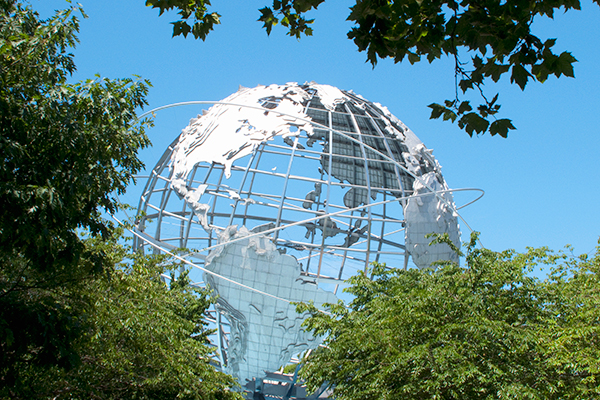I hate Stoke on Trent. It is a place of pain, rain and misery. Before Fellows and friends from the Potteries denounce me, I should admit that my feelings are totally unreasonable and entirely based on having watched my beloved West Bromwich Albion get repeatedly beaten – usually in the bleak mid-winter - by their bogey team Stoke City.
But today I associate the Staffordshire metropolis with inspiration.
On Saturday the RSA - some great Fellows and enthusiastic staff - were honoured to join with Stoke Community Action Fund in hosting Stoke Stories. Rather like the recent Our Leicester event this was a day dedicated to bringing together a wide range of active local citizens and civic organisations to discuss how the city can survive and thrive in these difficult times.
RSA colleagues will be posting more detailed accounts of the day on the Fellowship blog but I want to explore the wider issues generated by events like this. In essence, the attempt to mobilise civil society (which includes public and private organisations with a commitment to place that goes beyond legal responsibilities and profit maximisation) can be seen to have three sets of objectives.
The first is to some extent accomplished in the very holding of the event. It is to strengthen connections and create a context for new initiatives and collaborations. If the Stoke event achieved nothing more, it would have been worth it for the lively Facebook page and a great email list creating forums for ideas to be launched and developed. In his closing remarks, Danny Flynn from North Staffs YMCA, instructed all the delegates to talk to one person they did not already know and then send the outcome of their conversation to local MP Tristram Hunt.
The second and third objectives are tougher to achieve: with the economy in the doldrums, unemployment rising, living standards falling and public service provision being cut, is it possible to generate either improvements in the quality of people’s lives or the health of the local economy? To understand whether and how this is possible requires the development of what I have called ‘a social economy of place’.
On the one hand, this means identifying, mobilising and organising key factors of social production to generate better outcomes for local citizens. Key amongst these factors are:
-
Time
-
Care and compassion
-
Regard and esteem
-
Creativity, innovation and hope
In relation to these factors, we know those in play could be applied more productively and also that every large community contains a deep reservoir of untapped time, compassion, esteem and creativity. The big question is: ‘how much social good could in practice be released by the better articulation of these factors?’ To take two obvious examples: could the spare time of those who are unemployed and under employed be better directed towards those whose main problem is loneliness and social isolation; or could better linkages between people make a variety of sporting and cultural activities more viable and affordable, think here of book clubs or kids’ football tournaments.
The economic challenge is even tougher. It is whether, on the one hand, money spent in a place can circulate for longer and more widely in that place (think here of various schemes to encourage people to purchase from locally owned shops) and, on the other, stronger social bonds can start to generate commercial opportunities based on cluster effects or economies of scale (for example, could local craftspeople combine to create a shared marketing and on-line trading capacity).
It is great that the RSA is involved in initiatives like those in Stoke and Leicester. But as a research and development organisation with links to the wider world of ideas, the RSA should be aiming to work with localities to do the tough work of exploring how civic enthusiasm can be applied to a civic strategy underpinned by a robust social economy of place.
As so often the problem is capacity. The RSA has a great deal of relevant insight and experience from projects like Connected Communities and Citizen Power. I would love to find the funding to enable a major action research project (which we would happily do in collaboration with partners) to explore one of the most important questions of our time: how do we tap the hidden wealth of every community so that society can flourish despite the continuing frailties of the market and state.
Related articles
-
How to build a social movement for the common good: key lessons from parkrun
Jack Layton
Following the award of the 2019 Albert Medal to parkrun’s founder Paul Sinton-Hewitt CBE, Jack Layton reflects on what the movement has achieved.
-
Our Common Ground
Sir Ian Cheshire
Our Common Ground, a new progress report from the RSA Food, Farming and Countryside Commission's emerging thinking as we reach the half way point of our inquiry
-
A citizens’ economy for tomorrow’s world
Kenny McCarthy
For the final challenge of the Citizens’ Economic Council, we’re crowdsourcing your ideas on how we can shift the incentives within our economy to meet the needs of tomorrow.




Be the first to write a comment
Comments
Please login to post a comment or reply
Don't have an account? Click here to register.